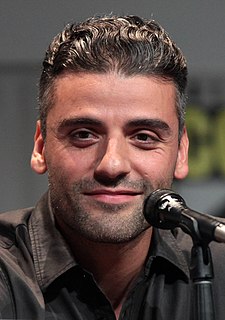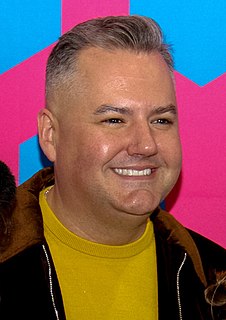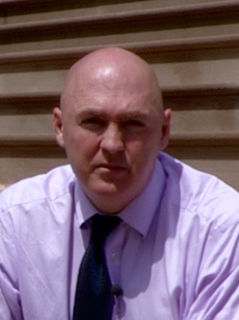A Quote by Stacey Dooley
I had no desire to go to Iraq. I never wanted to go to Mosul. I'm not a war correspondent. No part of me thrives on the adrenaline or anything like that.
Quote Topics
Related Quotes
I had that laser focus, identified what I wanted when I was a kid, and never let anything get in my way. If you look on paper at who I am and what I sound like, and what I look like, you wouldn't say, 'Go into broadcasting.' It's just what I wanted to do - I knew that I could do it, and I never let anyone tell me that I couldn't.
The biggest problem I have with the stupidity of our foreign policy, we have Mosul. They think a lot of the ISIS leaders are in Mosul. So we have announcements coming out of Washington and coming out of Iraq, we will be attacking Mosul in three weeks or four weeks. Well, all of these bad leaders from ISIS are leaving Mosul. Why can't they do it quietly?
What I found most ironic is that the safest part for us as journalists was during the actual war. Back then, during that stage of fighting, we were not targets. After the war itself, during the first month or two, it was extremely safe. We could go anywhere in Iraq, talk to anyone, and didn't have to worry about anything.
Sitting in the movie theater watching "Star Wars," I've never had an experience with any form of entertainment that was like that. It was almost spiritual. I couldn't believe that someone's mind created that. And, right, it felt like George Lucas had a piano that was playing my emotions, and he could go ahead and do whatever he wanted and make me lean forward if he wanted, or he could make me go oh, or he could make me hide my face.
Americans would have a right to go to war with the Iraqis if we could name one author from Iraq. It disturbs me that we're going to war with somebody we know absolutely nothing about. Name one Iraqi poet, one Iraqi woman activist, one Iraqi singer. Name one Iraqi novelist. You can't. And how can you go kill someone you don't know anything about?




































